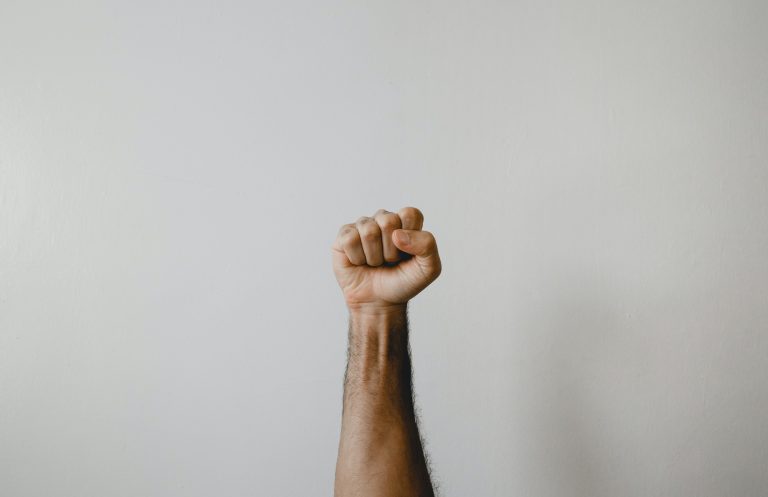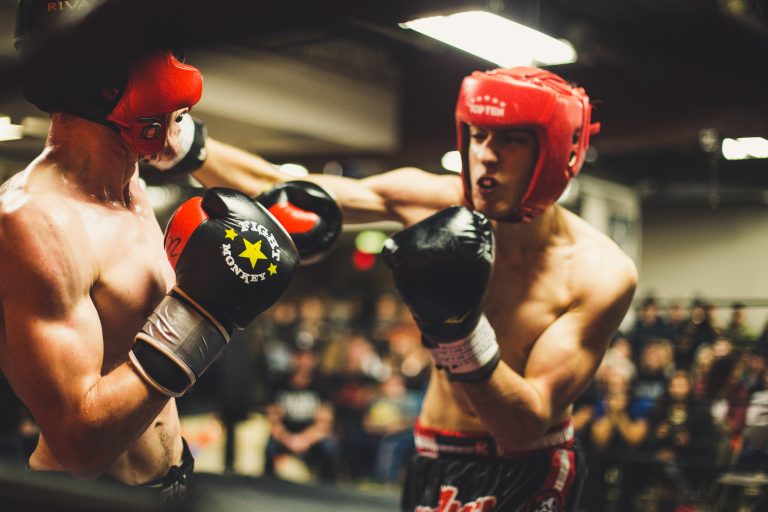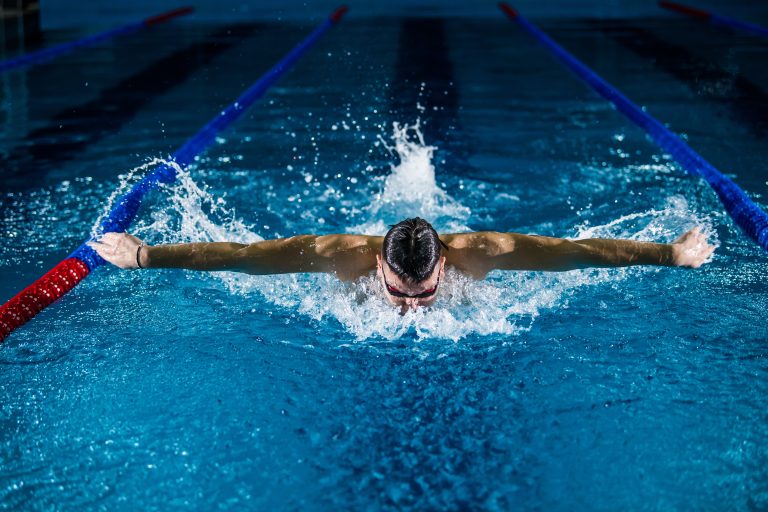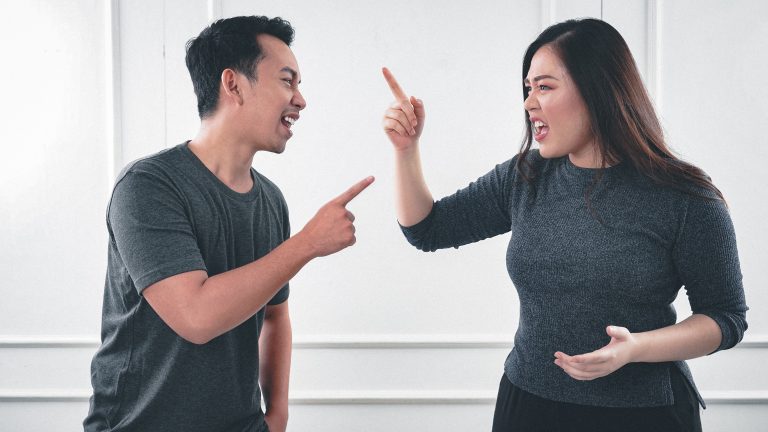Karate: What Is It and How Can It Help With Self-Defense?
Many people are familiar with karate’s trademark punch, kick and block moves. But what exactly is karate and how can this martial art help with self-defense? In this blog post, we will explore the origins of karate, it’s overall principles, and how it can be used as a means of self-defense.
What is Karate?
Karate is a Japanese martial art that combines both physical exercise and combat techniques. It originated in Okinawa, a group of islands located south of mainland Japan. The practice of karate is said to have come from the martial arts of various regions and cultures in the area, including Japan, India, China and even Indonesia. A blend of striking and grappling techniques, karate translates roughly as “empty hands” in order to emphasize its focus on defensive moves that can be done without weapons.
In a karate system, students—known as karateka—progress through a series of belts. These belts correspond to levels of expertise and are awarded based on the student’s skill level. There are many different styles of karate, each with its own unique characteristics, but they all share the same core principles.
Karate Principles
Karate has five fundamental principles:
- Kihon: This means “basics” or “fundamentals”, and involves learning basic punches and kicks.
- Kata: This refers to memorized, pre-arranged patterns of movements designed to teach fundamental techniques.
- Kumite: This means “sparring” and involves practicing techniques against an opponent.
- Mushin: This translates as “mind with no mind” and refers to feelings of relaxation and calmness during sparring.
- Fudo Shin: This means “unmoving spirit” and requires the karateka to remain in control both physically and mentally while sparring or defending against attacks.
How Can Karate Be Used As Self-Defense?
Karate is an effective way to teach self-protection skills. It teaches practitioners how to react instinctively in often dangerous situations. In addition, it helps to increase one’s strength, power and flexibility which can become a great asset when faced by an assailant. Students also learn important life skills such as self-discipline and respect for others.
Practicing karate is an excellent way for people to learn how to defend themselves in a variety of environments. Karate provides pre-determined blocking and counter-punching techniques that can be used in chaotic situations. By training the body to execute these techniques quickly, it can provide an effective way to protect oneself if ever faced with an attacker.
Karate can also help with self-defense in a non-physical way by teaching students how to diffuse a situation before it escalates. Practitioners learn important skills such as situational awareness, which can help them identify potential danger before it arrives. Karate also teaches beneficial life skills such as self-awareness and concentration as well as how to enable one’s opponent to make the most rational decision possible. All these aspects combined make karate an ideal tool for self-defense and well-being.
Conclusion
Karate is an incredibly valuable system for self-defense. Its history spans over 800 years and has been successfully passed on from master to student through generations. By understanding the main principles of karate, such as kiho, kata and kumite, as well as its additional life skills, basic self-defense skills can be acquired that can help protect practitioners in various environments. Whether it be in a physical altercation or simply being faced with a particularly dangerous situation, the skills taught through karate can be invaluable assets when the need arises.
Ultimately, studying karate can help give adherents the confidence they need to protect themselves if danger ever arises. However, it is important that practitioners never rely solely on their martial arts skills. Instead they should always use these as a supplement in addition to common sense, assessing the situation carefully before proceeding further. By doing this, practitioners can ensure that their martial arts training is put to good use.
Karate: What Is It and How Can It Help With Self-Defense?
Self-defense is a skill that every individual should possess in order to protect themselves from harm when necessary. Karate is a martial art that teaches individuals how to use their body to defend themselves against an attacker. In this blog post, we will attempt to answer some of the most frequently asked questions about Karate and how it can help with self-defense.
What is Karate?
Karate is a martial art that originated in Japan and involves using the hands and feet to strike an opponent. It is a form of unarmed combat that teaches individuals how to defend themselves against an attacker. Karate is a popular form of martial art that is taught all over the world.
What are the benefits of learning Karate?
The benefits of learning Karate are numerous. Firstly, it helps to improve physical fitness as it involves a lot of physical activity. Karate also helps to build strength, flexibility, and endurance. It also helps to improve mental focus and concentration. Additionally, Karate helps to build self-confidence and self-discipline.
Is Karate only for adults?
No, Karate is not only for adults. It is suitable for individuals of all ages, from children to adults. There are special classes that are designed for children which focus on developing their motor skills, coordination, and balance. Karate can also be a great way for parents to bond with their children through training together.
Do I need any special equipment to learn Karate?
Yes, you will need some special equipment to learn Karate. Some of the equipment includes a Karate uniform or ‚gi‘, which consists of a jacket and pants, a belt, and protective gear like gloves, shin guards, and a mouthguard. The uniform is usually white and is designed to be lightweight and durable.
How can Karate help with self-defense?
Karate teaches individuals how to defend themselves against an attacker. It focuses on teaching techniques that involve using the hands and feet to strike an opponent’s vital areas. These techniques are designed to be effective in disabling an attacker and allowing the victim to gain the upper hand. Additionally, Karate teaches individuals how to block and dodge attacks, which can be useful in avoiding harm.
Is Karate a violent sport?
No, Karate is not a violent sport. It is a martial art that teaches individuals how to defend themselves. However, like any other form of combat training, it is important to follow safety guidelines and rules to avoid injuries.
Is Karate suitable for women?
Yes, Karate is suitable for women. In fact, Karate can be an effective form of self-defense for women as it teaches techniques that focus on disabling an attacker. Additionally, it can help to build strength and endurance, which are important qualities for women to have.
Do I need to be physically fit to learn Karate?
No, you do not need to be physically fit to learn Karate. However, it is important to note that Karate involves a lot of physical activity, so it is best to be in reasonably good shape before starting training.
How long does it take to become proficient in Karate?
The amount of time it takes to become proficient in Karate varies depending on the individual’s dedication and practice. Generally, it takes several years to become proficient enough to earn a black belt. However, it is important to note that the process of learning Karate is ongoing, and individuals are always improving and refining their skills.
Conclusion
Karate is a martial art that can help individuals to develop self-defense skills while also improving their physical and mental well-being. It is suitable for individuals of all ages and genders and can be an effective form of self-defense. However, like any form of martial art, it is important to follow safety guidelines and rules to avoid injuries. With enough dedication and practice, anyone can become proficient in Karate and reap the benefits that it offers.
Inhaltsverzeichnis






